by Beth Adelson on February 18, 2010
Click here to view this on Whistleblower.org blog
Article 13
Participation of society
1. Each State Party shall take appropriate measures, within its means and in accordance with fundamental principles of its domestic law, to promote the active participation of individuals and groups outside the public sector, such as civil society, non-governmental organizations and community-based organizations, in the prevention of and the fight against corruption and to raise public awareness regarding the existence, causes and gravity of and the threat posed by corruption. This participation should be strengthened by such measures as:
a. Enhancing the transparency of and promoting the contribution of the public decision-making processes;
b. Ensuring that the public has effective access to information;
c. Undertaking public information activities that contribute to non-tolerance of corruption, as well as public education programmes, including school and university curricula;
d. Respecting, promoting and protecting the freedom to seek, receive, publish and disseminate information concerning corruption.
e. That freedom may be subject to certain restrictions, but these shall only be such as are provided for by law and are necessary:
(i) For respect of the rights or reputations of others;
(ii) For the protection of national security or ordre public or of public health or morals.
2. Each State Party shall take appropriate measures to ensure that the relevant anti-corruption bodies referred to in this Convention are known to the public and shall provide access to such bodies, where appropriate, for the reporting, including anonymously, of any incidents that may be considered to constitute an offence established in accordance with this Convention.
Article 32
Protection of witnesses, experts and victims
1. Each State Party shall take appropriate measures in accordance with its domestic legal system and within its means to provide effective protection from potential retaliation or intimidation for witnesses and experts who give testimony concerning offences established in accordance with this Convention and, as appropriate, for their relatives and other persons close to them. ...
Article 33
Protection of reporting persons
Each State Party shall consider incorporating into its domestic legal system appropriate measures to provide protection against any unjustified treatment for any person who reports in good faith and on reasonable grounds to the competent authorities any facts concerning offences established in accordance with this Convention.
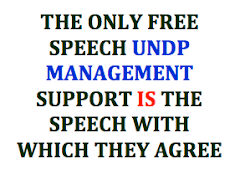



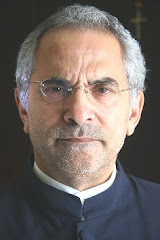
















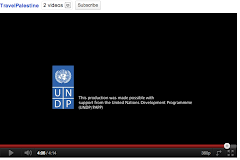

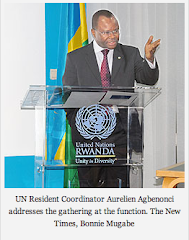



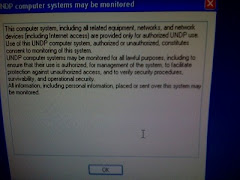

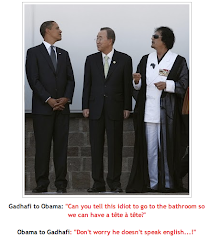






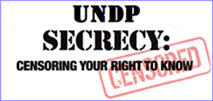
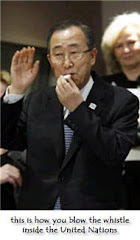
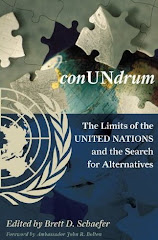

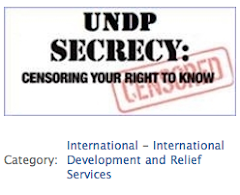
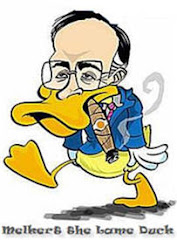


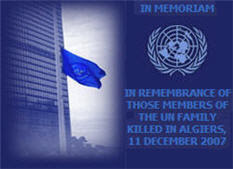


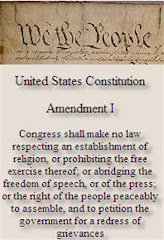
No comments:
Post a Comment